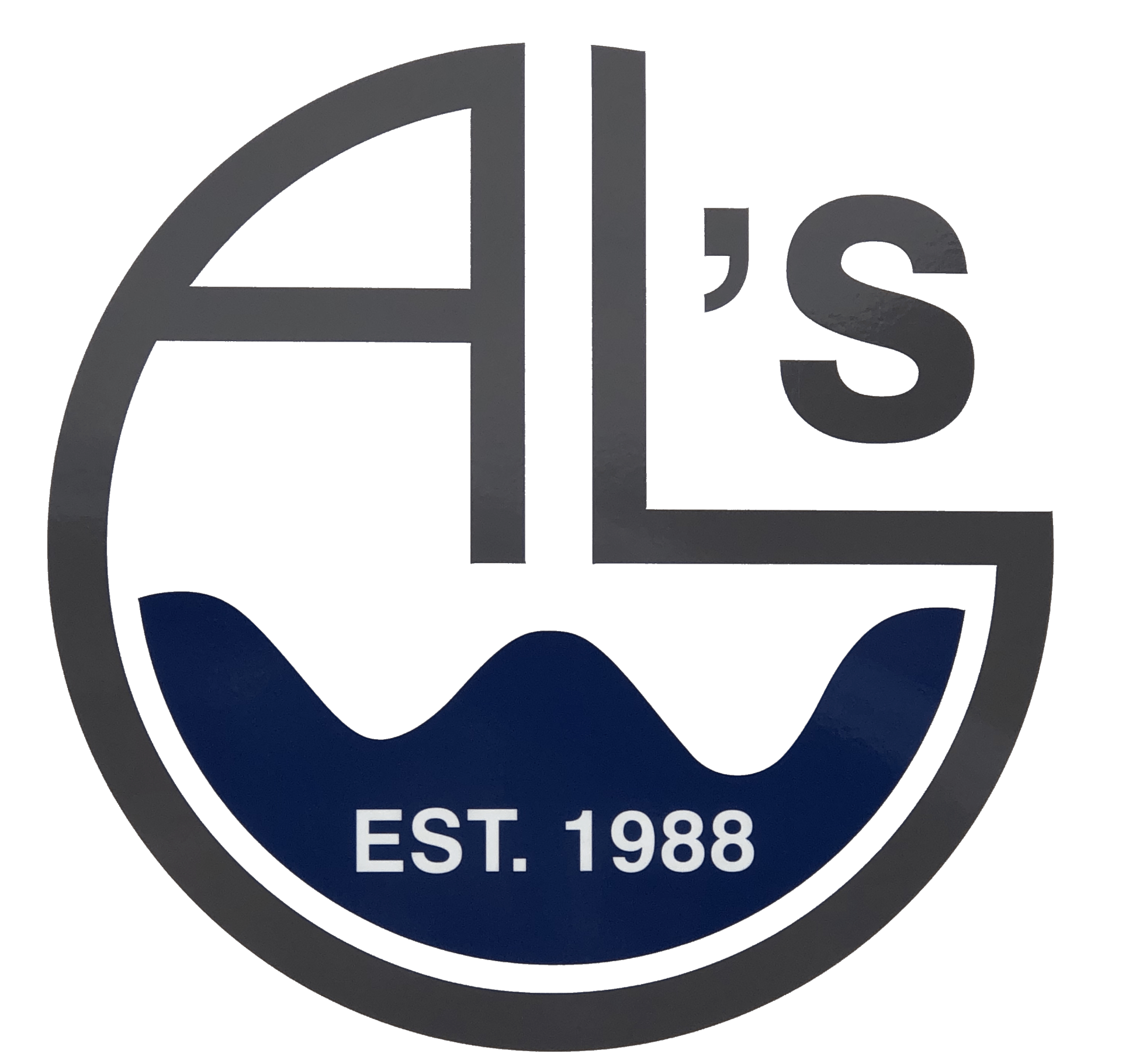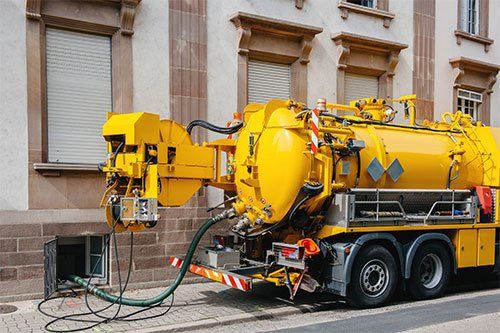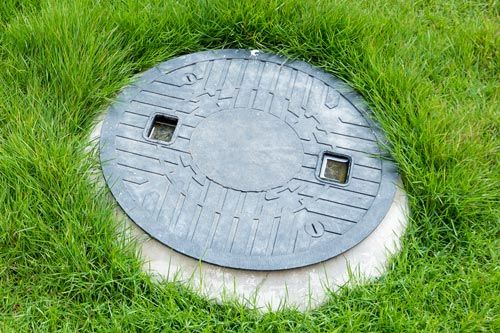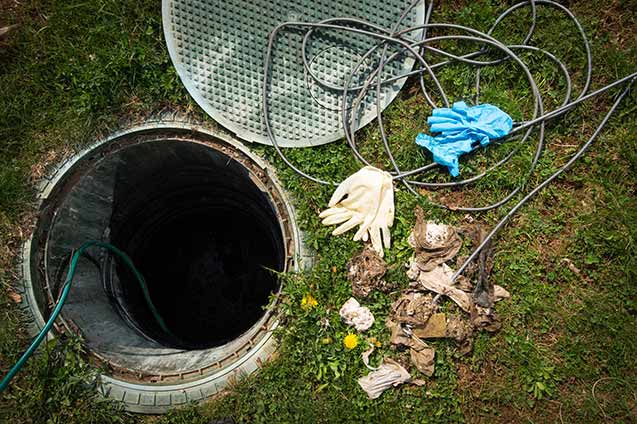Septic Tank Bacteria: What You Need to Know
- By Admin
- •
- 22 Feb, 2019
- •
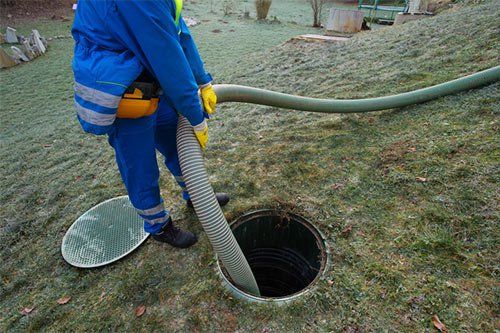
If you are new to septic tank ownership, or if you're just not familiar with the way your septic tank works, you may not know much about bacteria and its importance in your septic tank. Bacteria helps your septic tank function over time. Without bacteria, your septic tank would likely clog quickly.
You can promote growth of beneficial bacteria through good septic tank maintenance practices. The way you use your septic tank and the things you flush down your drains can impact your tank's functioning. Here's what you need to know.
Why Is Septic Tank Bacteria Important?
Solid waste is flushed down to the septic tank all the time. When solids enter the tank, they settle to the bottom and collect there. Over time, those solids will start to build up. This is why the tank needs pumping every three to five years — because the solids in the tank always rise to the top. If the solids reach the drainfield pipe near the top of the septic tank, tiny particles will enter the drain. This could cause the entire tank to clog.
Bacteria slows down the buildup of bacteria in the bottom of the tank. Beneficial bacteria floats around in your septic system and breaks down solids, turning them into liquid waste. When the liquids in the tank reach the drainfield, they drain safely into the yard without causing a clog.
What Can You Do to Promote Septic Tank Bacteria Growth?
Bacteria will grow naturally in your septic tank. You promote growth of bacteria by flushing more solid waste down into the tank all the time. However, you can do some things to your septic tank that could inhibit growth of bacteria.
Antibacterial soaps, bleach, antibiotics, and other products designed to kill bacteria could all enter your tank and destroy some of the beneficial bacteria in your tank. If you flush these products down your drains on a regular basis, you could significantly disrupt your septic tank's natural processes.
You may need to change the way your household functions in order to avoid flushing these things down the drain. For example, baking soda and vinegar are both excellent bleach alternatives that you can use in household cleaning and laundry.
Soak stained clothes in vinegar before washing them, and add baking soda to your laundry detergent before putting it in the wash. Spray dirty surfaces around the home with vinegar and water.
If you need somewhere to dispose of your medicine safely, talk to your physician to find out where you can get rid of medicines safely. Your physician may know about medicine take-back events in your area.
Do You Need to Put Bacteria In Your Septic Tank?
Some companies make bacteria that you can add to your septic tank to promote proper functioning. However, if you do everything correctly, bacteria additives should not be necessary. Assuming you limit the bacteria-killing agents and chemicals going down your drains, your tank should have all the bacteria it needs to do its job.
If you do want to use septic tank bacteria, check with your local sanitation department to find out if any chemicals or other products are not permitted to go down your drain. Use bacteria from a well-known, reputable company. If you're not sure which septic tank bacteria companies are best, get a recommendation from the professional who pumps your septic tank.
For more information about bacteria in septic tanks, talk to the experts. At Al's Septic Tank Service, we're happy to talk to you about septic tank bacteria and other septic tank related topics. Call us today to find out more.
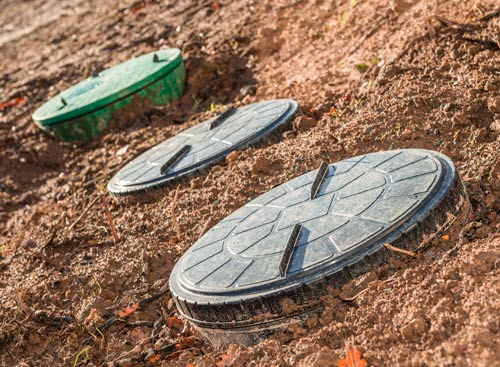
Your septic tank is capable of breaking down some waste and debris. However, over time, excess waste and debris may build up faster than the septic system can break it down. This excess buildup can lead to a backed-up tank that can affect your home and yard. Thankfully, pumping your septic tank can improve the system's function. Here are three signs professionalsneed to pump your septic tank.
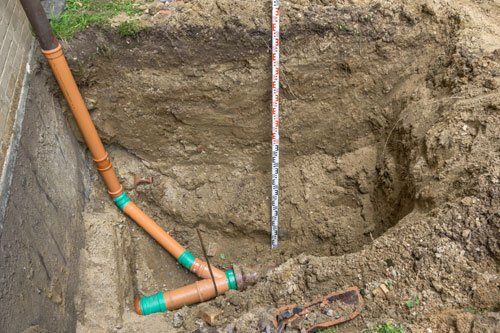
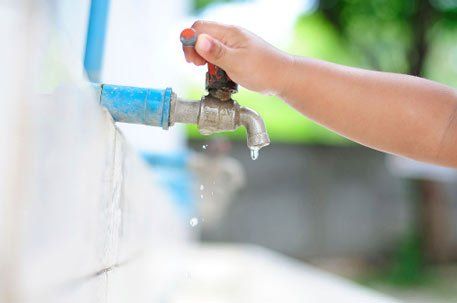
Here is some important information about water conservation and your septic system – including tips to help you reduce your water usage.
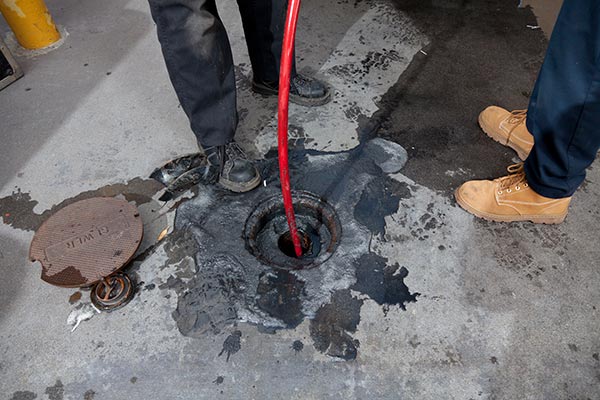
Here are four of the most common septic system owner mistakes that you need to avoid.

Here are some guidelines for writing a professional post:
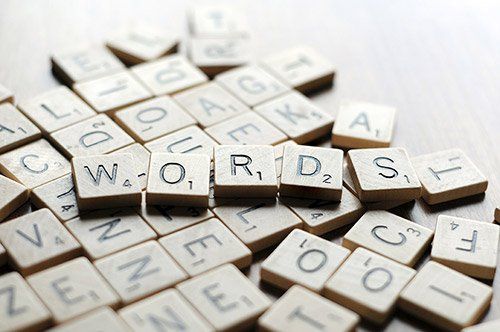
Use the blog to tell a story, share information and knowledge, help your customers and drive traffic to your site. Your work on the blog will advance your site in search engines and bring new visitors who find your input useful.
A blog is based on posts (just like this one). Posts are the building blocks of the blog. All blog elements take their content dynamically from the posts you create.
The blog elements include:
